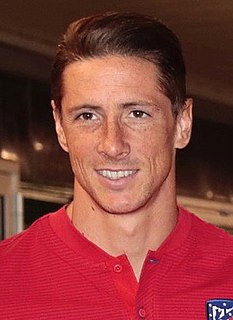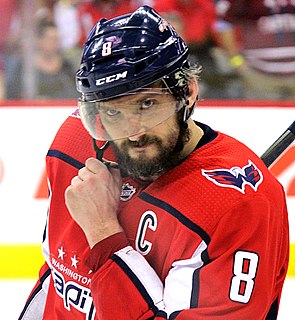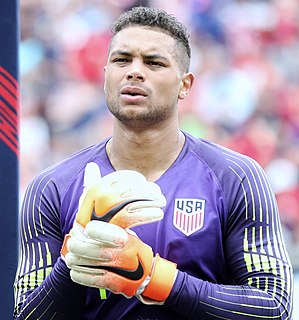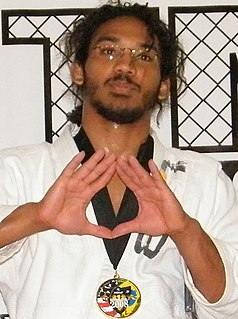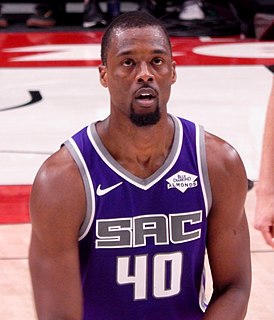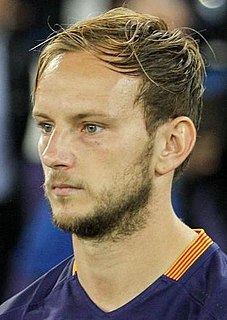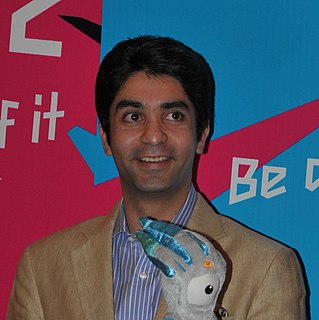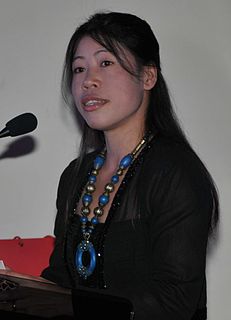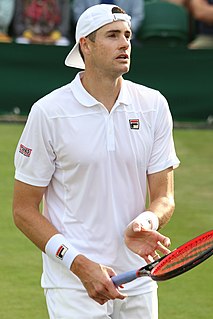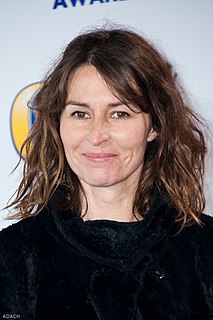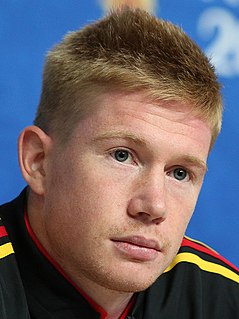A Quote by Fernando Torres
The biggest ambition in my career is still to win the European Cup. I want to have a picture of that to look at later; I want to have that medal. You can have a contract that is better than your friends, but no player looks back and says: 'I won more money.'
Related Quotes
You can't start out at 20 in whatever your profession is and say, "I want to win an Olympic medal," or "I want to become president," or "I want to win the Pulitzer Prize." If you love what you're doing, it's sort of a nice thing that happens toward the end of your career, or in the middle of your career. It is not the reason you were doing it. The reason you were doing it is because every day you wake up in the morning and you can't wait to learn something new.
Two or three years ago, every game I want to score. And after I score a goal I have a spark and I'm so happy I want more. Now I'mkind of different. I'm not saying I lost my spark - I still have it - but I don't chase the goal as much as I used to. I'm playing for the team andI still know I can score, but it's different than two or three years back.Look at great teams like Detroit a couple of years ago; they winthe Stanley Cup and guys only score 25 goals, nobody has a really big season. You have to play defense, that's how you win.
